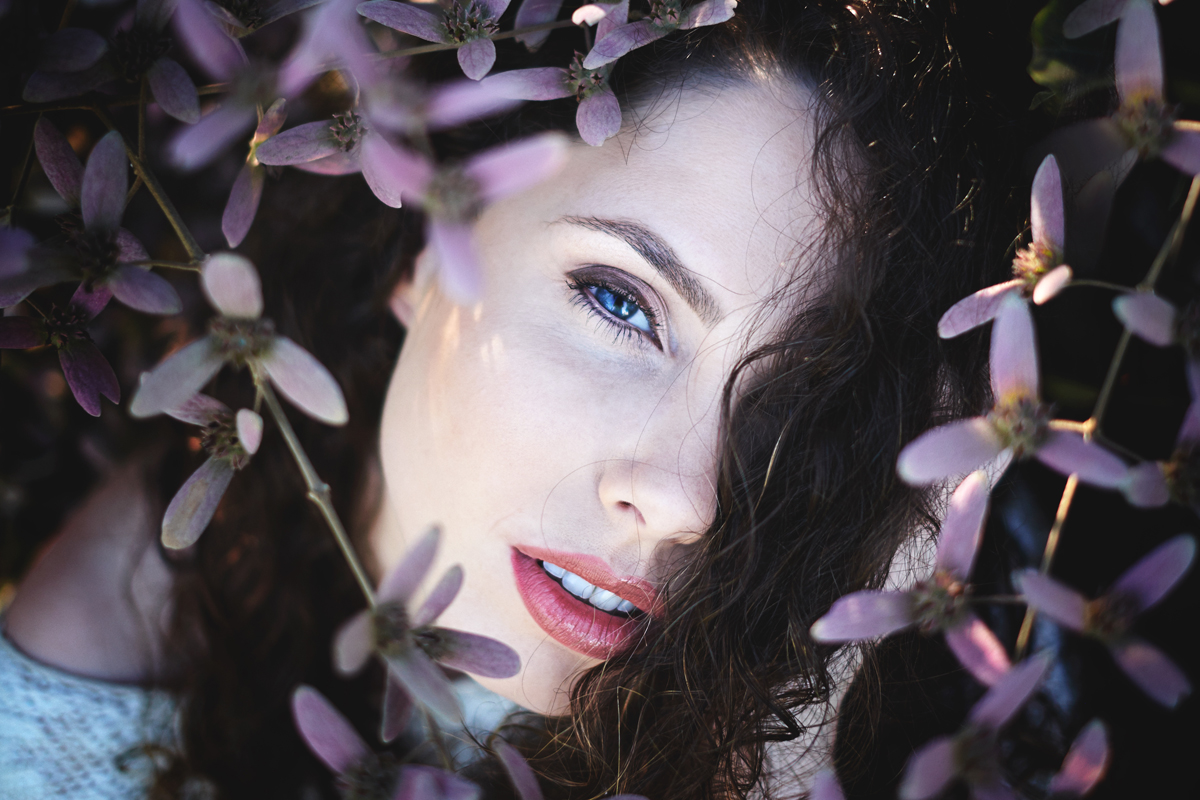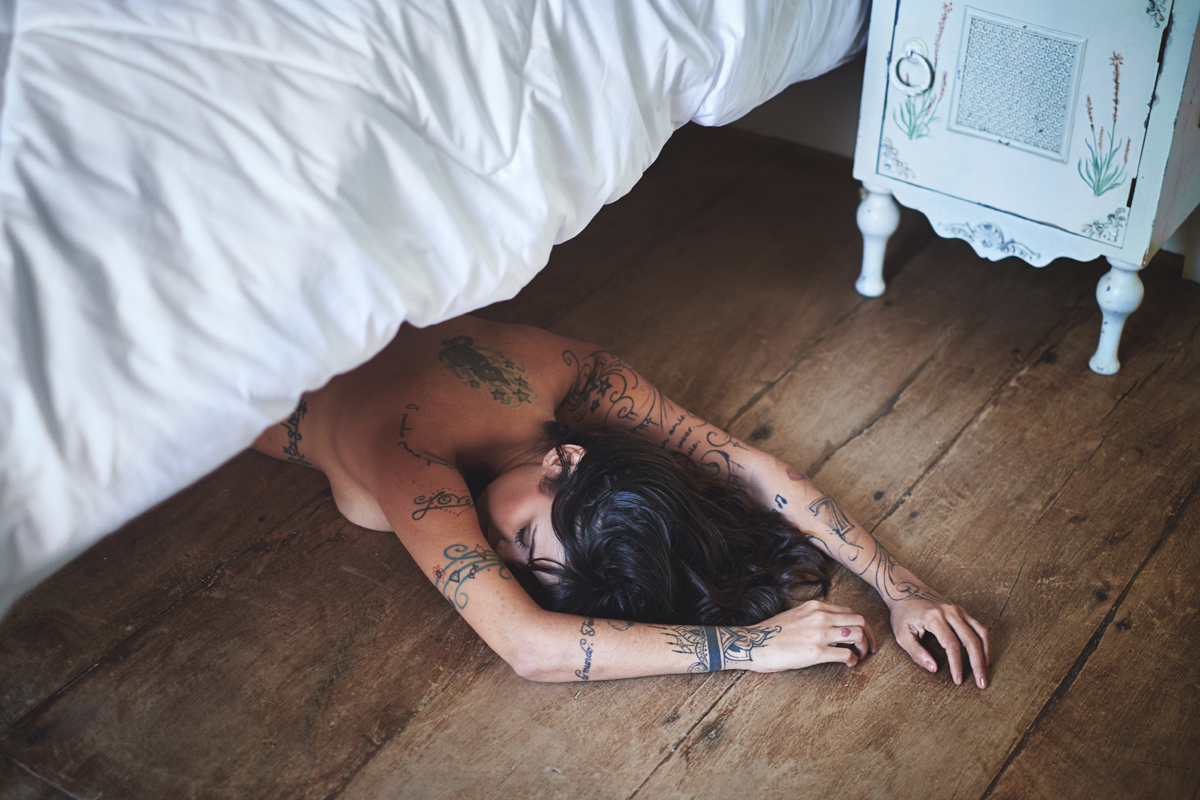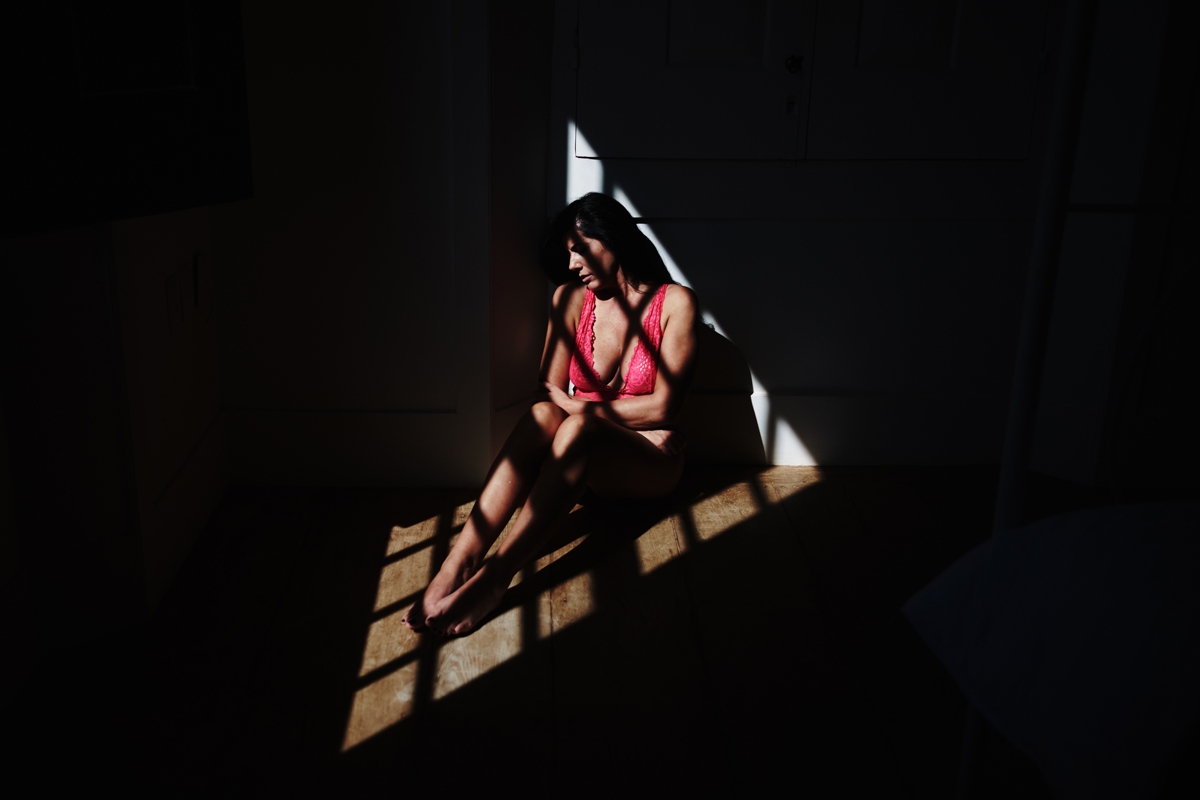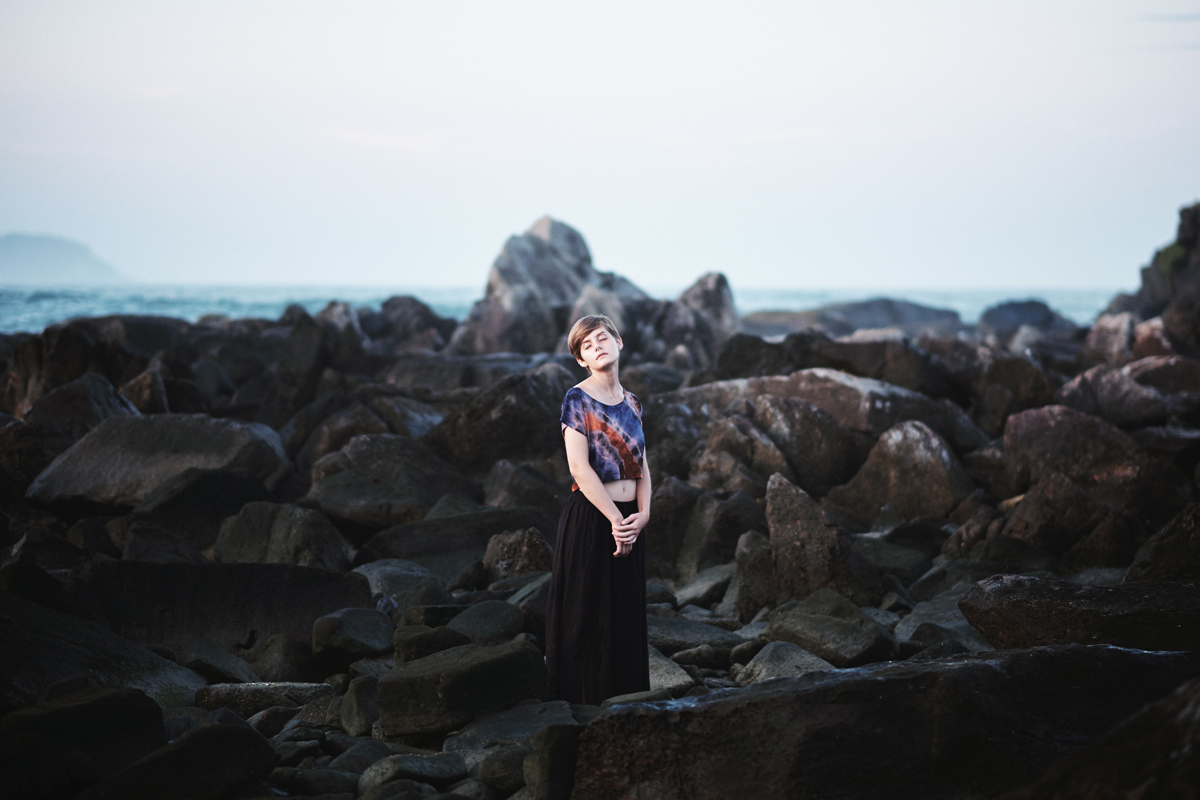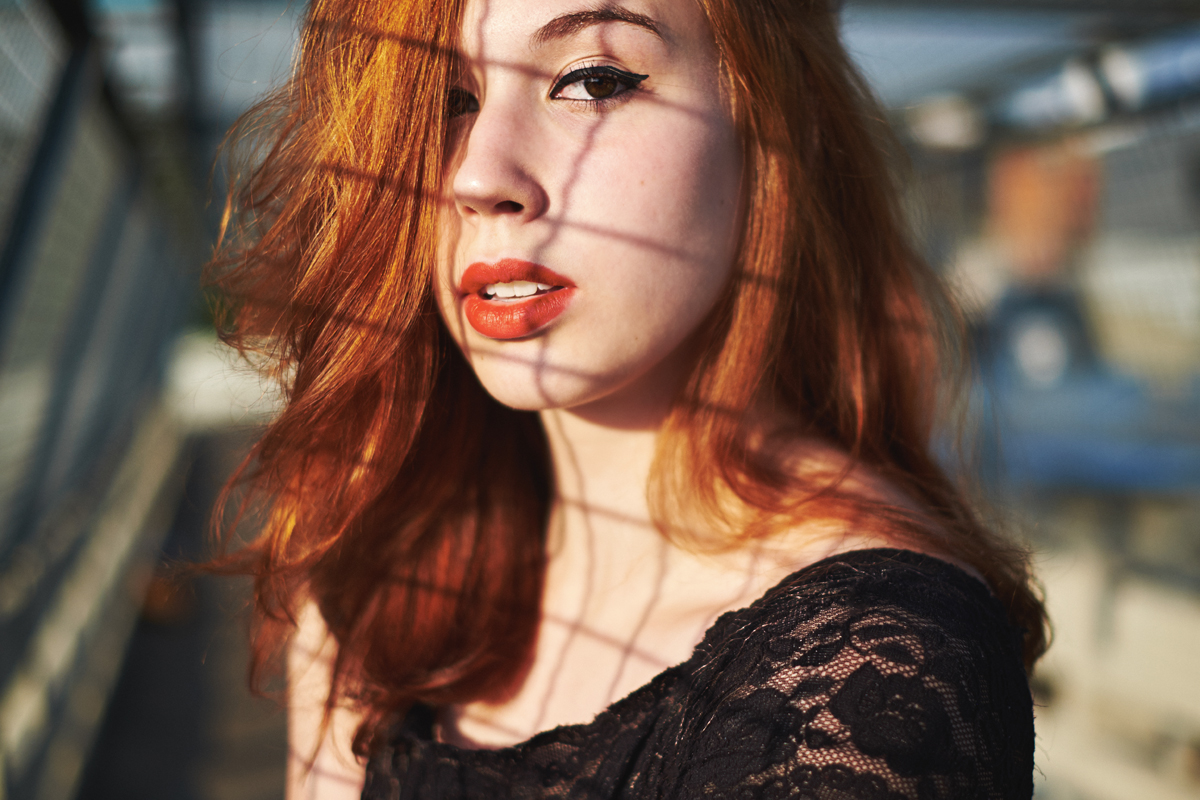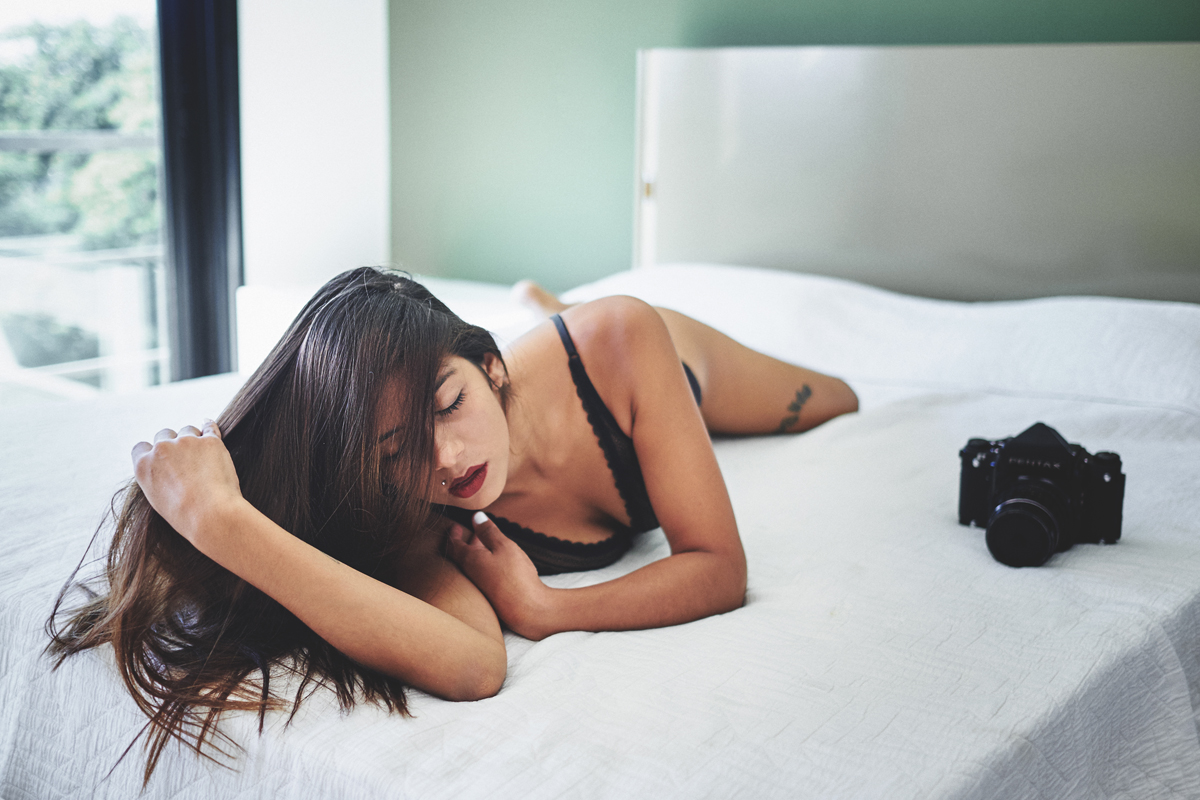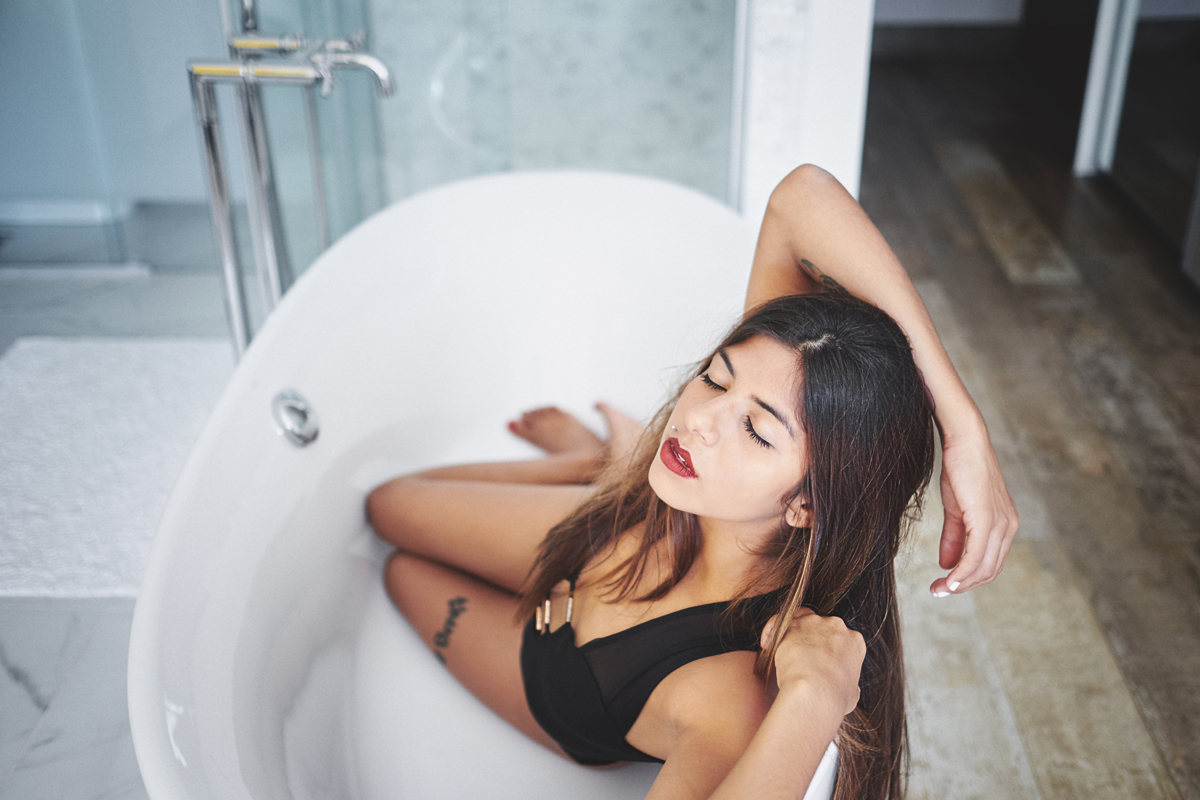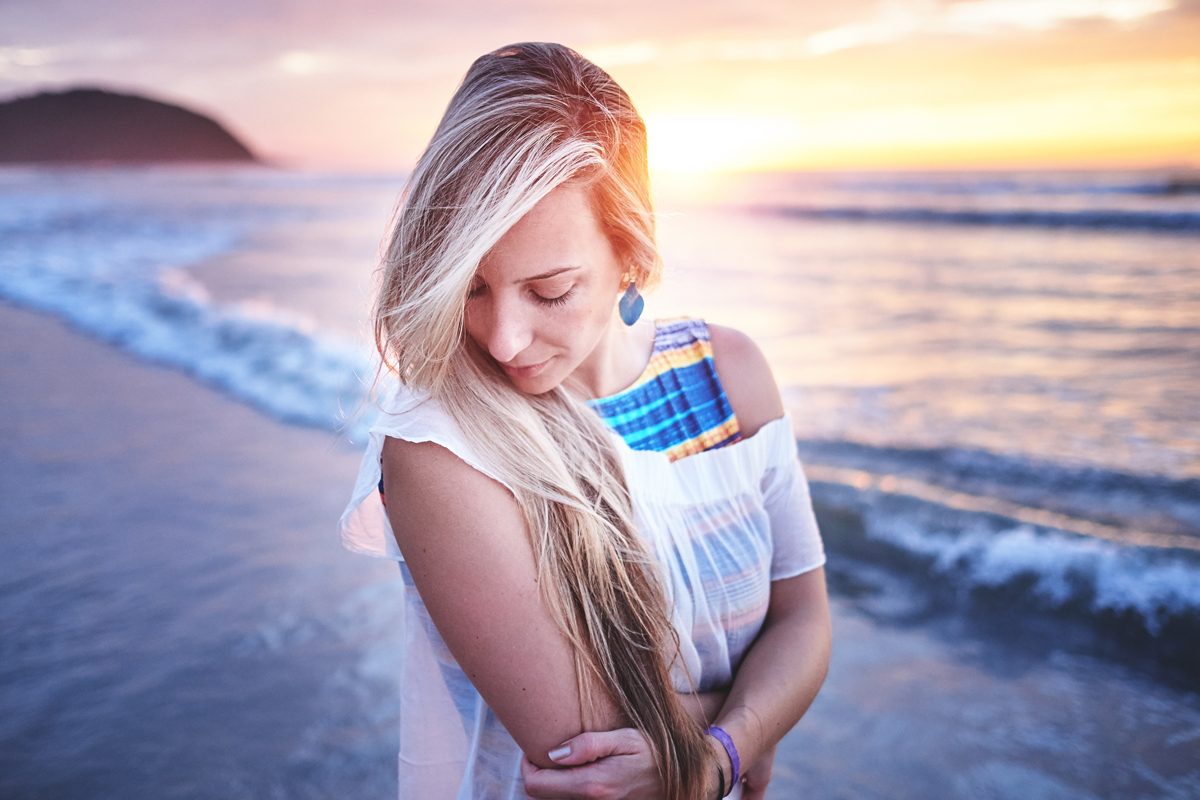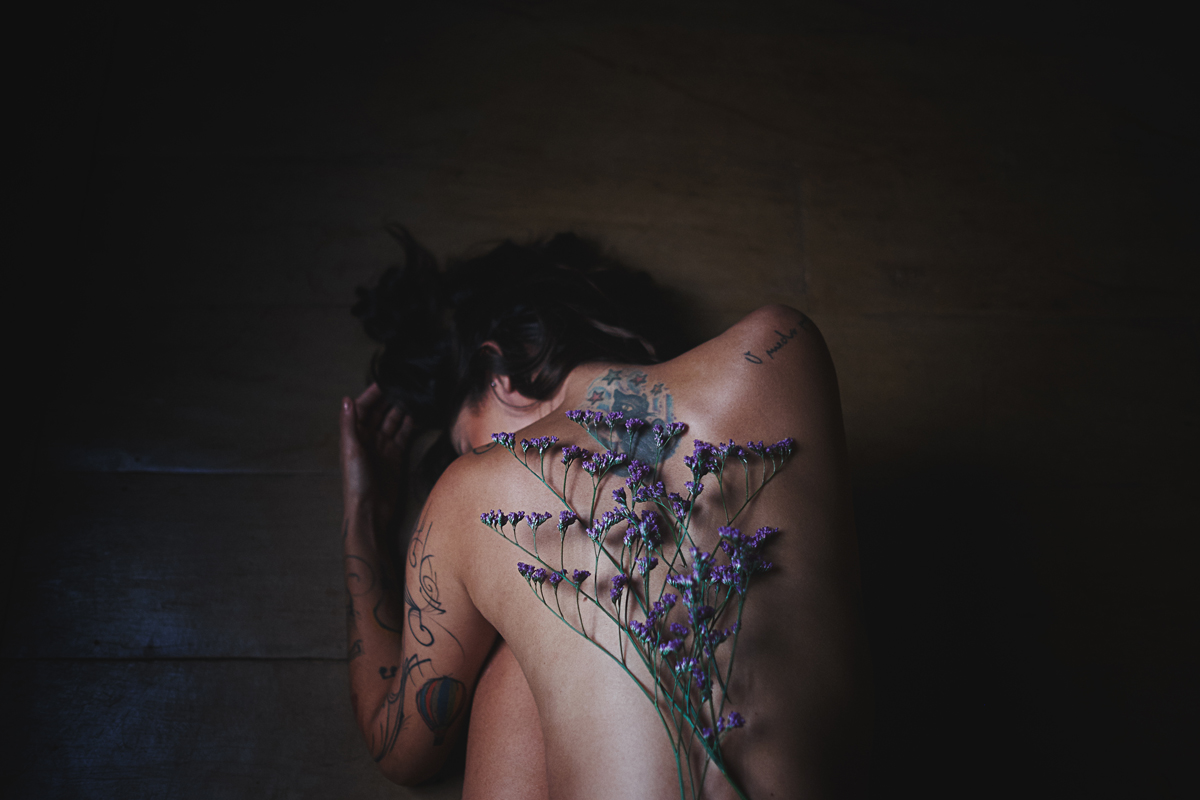Naturelles – Capturing emotions through the camera
Hello Alissia! Thank you for accepting this invitation. Would you like to start by making an introduction?
Hello ! All pleasure is mine !
I would start saying that I’m so glad to be a part of Fujifilm’s family. And that I am very honoured to share a little bit of my work and knowledge with you guys !
How old were you when you moved to Brazil? Was it easy to adapt to another country, new people, different weather?
I moved to Brazil in 2013, I was 27-years-old. Moving to a foreign country has always been a dream. So when the opportunity appeared, I was a little bit scared, I confess, but so excited ! I decided that it would be the greatest adventure of my life and to live it fully!
I think I adapted pretty fast and I have to say, I love brazilian weather! I don’t miss belgian rain… And I love brazilian people as well! I do not pretend to go back to Belgium so far.
When did you make the decision to become a photographer? Are you self taught, or did you have formal training?
I use to say that photography found me and not the contrary. At different moments in my life, I have been in contact with photography. For example, my father was a photography lover and had an analogic camera at home. I was totally impressed with it. I even started an old cameras collection!
But it was at university (I studied Communication) that I had my first real photography lesson. I learned there how to use manual mode and basic concepts as speed and diaphragm aperture.
Since then, I always enjoyed photographing during trips, as a hobby and I even worked at some events but never considered it as a professional opportunity until I came to Brazil.
Here in Brazil, starting literally from zero, I thought: why not trying to turn my hobby into a commercial activity? Since university, I didn’t do any other formal training. I got all my technic knowledge from my husband, who’s a really talented photographer by the way, and from online videos.
Then, here in Brazil, I participated to some workshops, where I learned a lot about inspiration process and artistic purpose. Since technic issues have never been one of my first concerns, I always privileged emotion, what “feels right” when I’m shooting.
Why specializing in feminine portraits and boudoir sessions?
When I started considering working with photography, I first wanted to specialize in wedding photography. My husband and I already had some experience in that area, photographing some friends and relatives weddings in Belgium. But at some point, having little portfolio, it was hard to find clients.
That’s when I discovered the work of João Gueddes, famous brazilian female portraitist. I literally fell in love with his work and I started to consider photography from another angle.
I had the opportunity to participate to one of his workshops in São Paulo and it changed a lot my vision of photography. I really liked the way he portrays women; in such delicate and poetic way. It inspired me a lot and I started doing my own feminine sessions. What I like the most about photographing women is the wide range of expressions and emotions I can reach. Showing their inner beauty through different feelings and authenticity is what I seek.
There are many photographers in Brazil working essentially in feminine essays. Do you feel that you had to find your personal style to differentiate from others?
Brazilian photographers are so talented! My main references are brazilian photographers.
Especially at the beginning, it´s hard to find our own style and differentiate from people who inspire us. Obviously, I’m always searching for more creativity and more personality. I would say that my portraits are evolving as I’m learning to know myself better. I try as much as possible to “free my brain” from all those images I see me and listen more to my intuitions.
Being a woman, do find that an advantage to produce this kind of photography, or is it the opposite?
I think the great majority of the women I portray feel more comfortable being photographed by a woman. Especially for boudoir sessions. This is clearly an advantage.
But I think that men have a radically different view and approach toward women’s body and beauty. I think they are able to be more objective.
As a woman, I think I project more of myself in my photographs that a male photographer would do.
The quote «every portrait is a self-portrait» really defines my work.
What’s your current gear setup and what were the main reasons to choose it?
I currently work with 2 cameras: the X-T1 and the X-T10. I have 3 lenses: a 23mm f/1.4, a 35mm f/1.4 and a 56mm f/1.2.
I chose these models for they are very compact and very practical for outdoor sessions. I’m very impressed by the high quality of the images and totally in love with the colors they produce!
Every shooting session comes out totally differently, it’s always a surprise!
I think they are great portrait cameras. As far as the lenses are concerned, I think they are the classical gear for any portraitist! They provide a large range of possibilities, they are very bright; which is primordial considering I only work with natural light; and their sharpness is amazing.
Which lens do you use the most and why?
The 35mm (50mm equivalent) used to be my favorite lens ever. The «must have» for shooting portraits.
But I think every photographer should go out of its comfort zone once in awhile and trying to change our habits is a very good way to do so. So I forced myself to work more with my other lenses and now I’m totally in love with the 23mm. It allows me to get very close to my subject and having a wide angle at the same time.
It makes me feel like I’m really inside the «action», that I get inside my model’s universe. The 56mm f/1.2 is also a great lens, its sharpness and bokeh are incredible. I probably should use it more often! ahahah!
We noticed that occasionally you include a Pentax 67 medium format film camera in your essays. It’s just for the joy of using such a beautiful camera, or do you use it to achieve certain look that wouldn’t be possible otherwise?
Well the Pentax 67 is really a beautiful camera! But I think that it’s more the medium format that called my attention. The sharpness and bokeh you can achieve with that kind of format is really amazing. Entering the film photography’s universe was really a big step in my work. It taught me a lot about patience and about composition as well.
It allowed me to go back to a more authentic photography. I learned also a lot about developing process, I develop and scan all my films at home! It’s really a great experience… #filmisnotdead!!
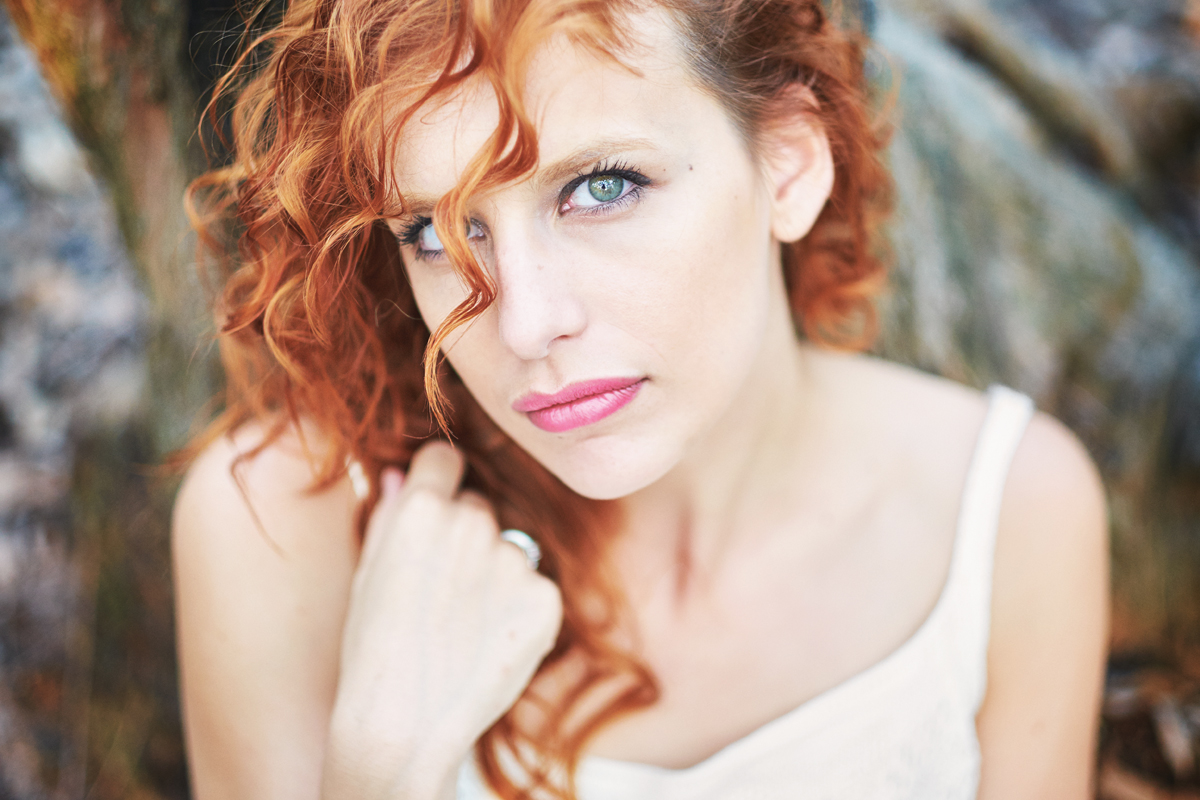
Do you believe the recently launched Fuji GFX 50S would be a perfect camera for the kind of work you do? Or do you still prefer the compactness and lightweight of your current cameras?
I am very curious about that medium format camera! I really think that going back to medium format will bring some interesting changes in “traditional” digital photography world.
The compactness of my current cameras is clearly a great advantage but I think that keeping an open mind to changes is more important. If changing my equipment would bring more creativity and quality to my work, I would do it without hesitating! And well, I really think that medium format is the next step in digital photography. I would be so excited to test that camera and do a review of it!
Could you give just one advice to the aspiring young photographers willing to pursue a career as portraitists?
I think I would give an advice for whoever would like to pursue a career in any kind of photography. Never give up. Listen to your intuitions. Practice a lot. And when you think you practiced enough, practice more! Practice and perseverance are the key to a successful career. Whenever you think you are far from your goal, you could be actually only one step close, so never give up!
FUJI X PASSION MAGAZINE – VOLUME III > BUY YOUR COPY HERE!
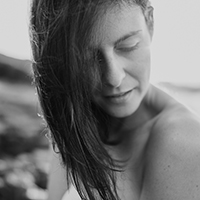
Belgian, 30 years old, Alissia moved to Brazil in 2013. In love with photography and cameras since she was a child, it was at the Communication Faculty in Brussels that she had the first contact with professional photography and learned the basics of the discipline. However, it was years later, in Brazil, that she really found herself in photography and decided to dedicate professionally to it, after falling in love with feminine portraits. Today, after a year and a half portraying women, poetry and delicacy characterize her portraits. Trying to capture the female essence through a connection or reconnection with the deep emotions and the surrounding nature. In addition to running workshops on feminine portraits, Alissia has also launched a Youtube channel recently, providing various photo tips for beginners.

